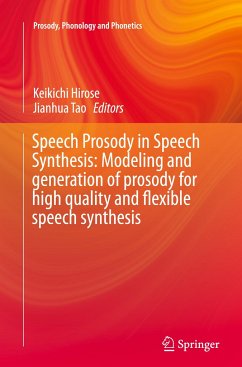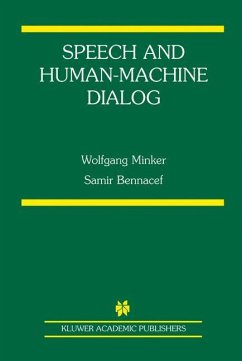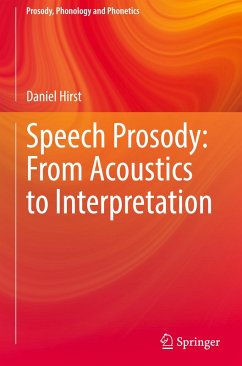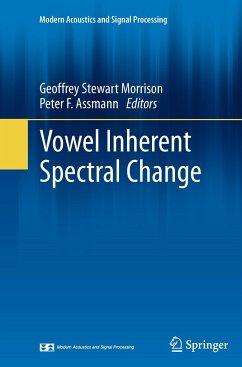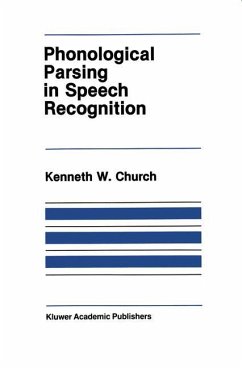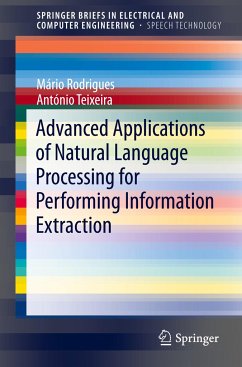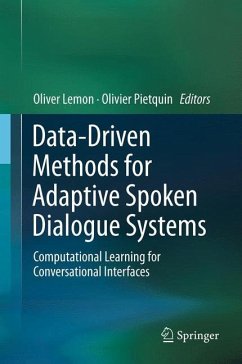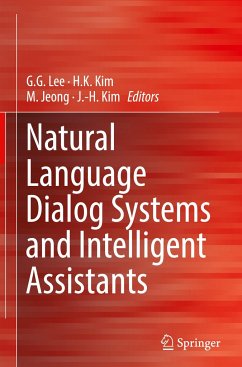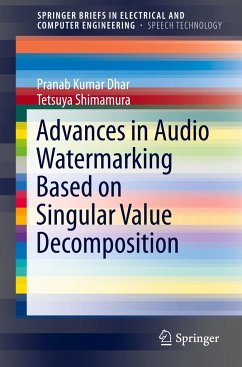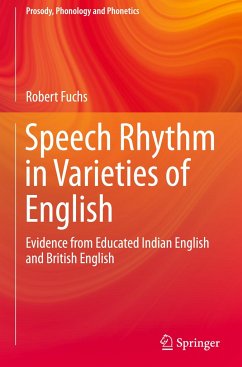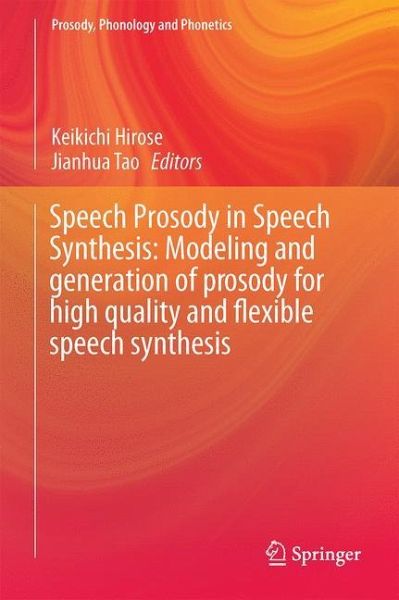
Speech Prosody in Speech Synthesis: Modeling and generation of prosody for high quality and flexible speech synthesis

PAYBACK Punkte
42 °P sammeln!
The volume addresses issues concerning prosody generation in speech synthesis, including prosody modeling, how we can convey para- and non-linguistic information in speech synthesis, and prosody control in speech synthesis (including prosody conversions). A high level of quality has already been achieved in speech synthesis by using selection-based methods with segments of human speech. Although the method enables synthetic speech with various voice qualities and speaking styles, it requires large speech corpora with targeted quality and style.Accordingly, speech conversion techniques are now ...
The volume addresses issues concerning prosody generation in speech synthesis, including prosody modeling, how we can convey para- and non-linguistic information in speech synthesis, and prosody control in speech synthesis (including prosody conversions). A high level of quality has already been achieved in speech synthesis by using selection-based methods with segments of human speech. Although the method enables synthetic speech with various voice qualities and speaking styles, it requires large speech corpora with targeted quality and style.
Accordingly, speech conversion techniques are now of growing interest among researchers. HMM/GMM-based methods are widely used, but entail several major problems when viewed from the prosody perspective; prosodic features cover a wider time span than segmental features and their frame-by-frame processing is not always appropriate. The book offers a good overview of state-of-the-art studies on prosody in speech synthesis.
Accordingly, speech conversion techniques are now of growing interest among researchers. HMM/GMM-based methods are widely used, but entail several major problems when viewed from the prosody perspective; prosodic features cover a wider time span than segmental features and their frame-by-frame processing is not always appropriate. The book offers a good overview of state-of-the-art studies on prosody in speech synthesis.






